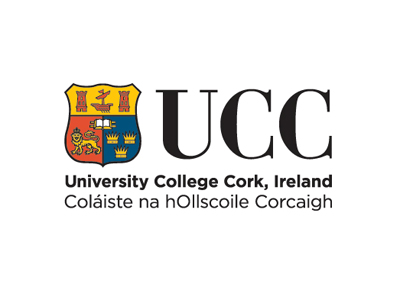Project Area: Health policy and systems research
Project Summary
Irish life expectancy has increased by >15 years in the last 70 years, however, there are big differences in life expectancy between those living in the least and most deprived areas. Additionally, these increases in life expectancy do not necessarily translate into increased years in good health. This is especially the case in deprived areas, where people are more likely to report ill health or chronic disease. In Ireland, people aged 65+ in the lowest income quintile (lowest 20% by income) were more than twice as likely to report living in poor or fair health, compared with those in the highest income quintile.
A nutritious diet is essential for healthy aging, as it reduces the risk of chronic diseases and rate of functional decline. However older adults have their own specific food needs, both in terms of nutrition but also functionality and access. For example, energy requirements decrease with age as people become less active, however recommendations for fibre and most micronutrients remain the same for all adults, and protein recommendations are higher. This results in the need for a diet that is more nutrient dense per kilocalorie of energy. It is well established that energy, and nutrient intakes are lower than recommended in older people and malnutrition is an issue. Lower income particularly is associated with food insecurity in older people, and consequently food insecurity and poverty are associated with lower overall diet quality and increased risk of malnutrition.
Those living in the most deprived areas are also less likely to participate in research and engage with the health service. As such, older adults from lower socio-economic groups are vastly underrepresented in dietary intake datasets and the development of dietary interventions.
The current project – CREATE – aims to give a voice to older adults living in disadvantaged communities. Through analysis of existing diet and nutrition policies, guidelines and dietary advice for healthy older adults a review of evidence supporting guidelines and potential gaps will be collated. Existing datasets will be analysed to determine nutrient intakes, food preferences, food costs, diet quality, and ability to meet healthy eating guidelines for older adults in Ireland. Using participatory research and co-design techniques, dietary data collection methods and dietary interventions will be co-created within two disadvantaged Cork communities, and urban and a rural community. Finally key stakeholders will be invited to input into the developed tools and interventions through a stakeholder forum.
Skills Required
(If applying for this project you will be asked to outline how you meet the skills required below)
Essential qualifications/skills required for this project:
- This project would be suitable for students who have at least an upper second-class degree in a related science subject such as nutrition, dietetics or food science.
- Good skills on reviewing literature
- Attention to detail
- Time-management
- Organisational skills
- Teamwork and independent learning, are also required.
Desirable qualifications/skills required for this project:
- An MSc in a relevant science
- A good knowledge of data analyses (e.g. experimental design, statistical skills)
- A demonstrated ability to communicate research findings.
- Qualitative research skills.
- Experience of working within communities
Supervisory team:
Dr Miriam Clegg, PI/Primary Supervisor,
School of Food and Nutritional Sciences, UCC
Dr Annalisa Setti, School of Applied Psychology, UCC
Dr Gráinne Kent, School of Food and Nutritional Sciences, UCC
This project will be based in UCC.


